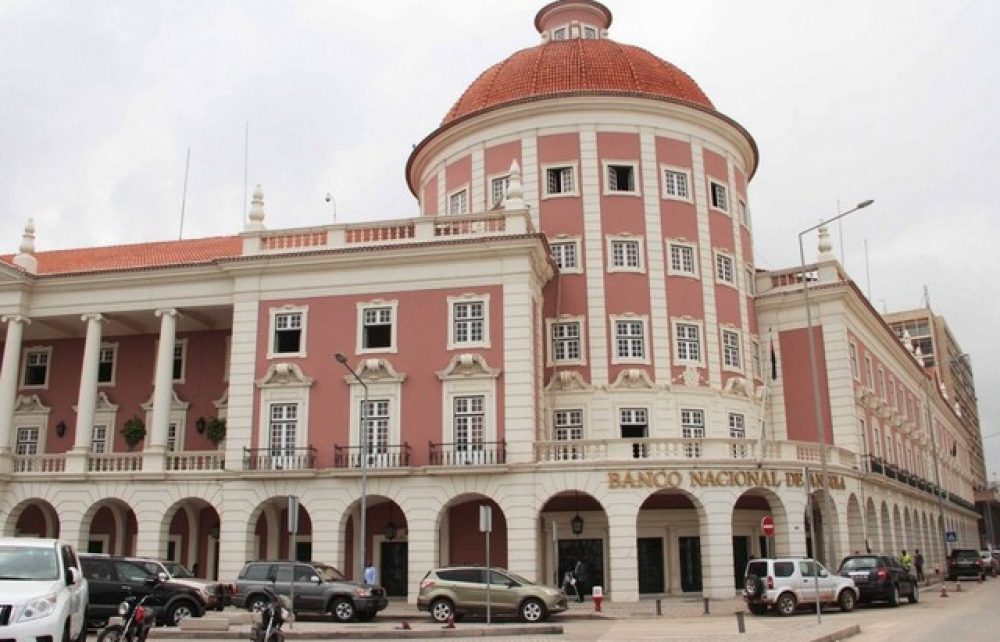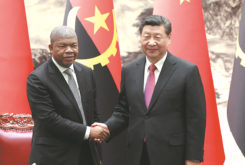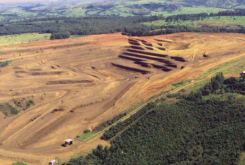The Angolan currency will sink more than expected in 2020, because of the drop in the country´s export revenue and investment inflows, adding to the unravelling of the International Monetary Fund´s program, according to the Economist Intelligence Unit (EIU).
In its latest report on Angola, the EIU forecasts an average exchange rate of Kz561.9:US$1 in 2020 (from a previous forecast of Kz548.7:US$1). At the end of last week, the Kwanza traded at lows of Kz600:US$1, almost half the value in 2019 (Kz364.8:US$1).
“Depreciation will slow in line with recovery later in the forecast period, with the kwanza reaching Kz615.4US$1 in 2024”, the EIU says.
Inflation, it adds, will rise to 23.1% in 2020, before moderating as the pace of currency depreciation slows, with annual price growth set to average 13.3% in 2021-24.
“The government’s previous IMF-backed policy reform agenda is now in tatters, as the plunge in global oil prices has slashed fiscal revenue and broader economic activity”, the EIU says.
Fixed investment—predominantly in the oil industry—will rise from 2022, after being pushed down by low global oil prices and weak investor sentiment in 2020-21, it predicts. Real GDP will contract by 3.2% in 2020, and by 0.1% in 2021, as oil production declines, recovering in 2022-24.
On 11 August, Angola’s economy and planning minister, Sérgio Santos, reaffirmed the government’s plans for the formalisation of large sections of the country’s informal economy. The government is primarily targeting professions such as taxi drivers, domestic workers and street vendors, which employ the largest share of workers in the informal sector.
The authorities aim to work with various professional bodies and associations to assist the transition towards more formal employment across these sectors, with workers likely to become registered through centralised databases.
“With the economy in its fifth year of recession in 2020 (driven largely by declines in the oil sector, while the non-oil economy is also struggling this year owing to the widespread fallout from the coronavirus pandemic), the government is keen to maximise formal economic activity which it can tax”, the report states.
Despite Government efforts, it will “struggle to transition a substantial percentage of the informal economy towards greater formalisation, given the poor state of Angola’s regulatory environment and low capacity levels within government, combined with the entrenched informal nature of these sectors”, the EIU adds.
On 6 August Angola’s planning secretary, Milton Reis, confirmed that the government was reducing the number of programs and projects included in its 2018-22 National Development Plan (PDN), but would direct more investment into education, health and social protection programmes.
Following a mid-term review, the PDN has been scaled down to 70 programmes (from 84 previously), with 2,570 projects (from 3,433 previously). Reis stated that the PDN would focus more on social issues and on projects designed to boost the domestic economy, increase export earnings and replace imports, on which the country is heavily reliant, given the weak state of domestic manufacturing.
According to the EIU, the previous policy agenda – to reduce Angola’s reliance on oil by boosting the role of the private sector, with investment into the nonoil economy—”is now in tatters, as the precipitous fall in global oil prices has slashed revenue and broader economic activity”.
“We expect commercial interest (which is vital to boost activity and diversify away from oil) to be limited in 2020 and 2021 as the economy contracts and investor sentiment remains weak. From 2022 investor sentiment is likely to improve, and we forecast stronger growth in the non-oil economy as government reforms continue”, it adds.




